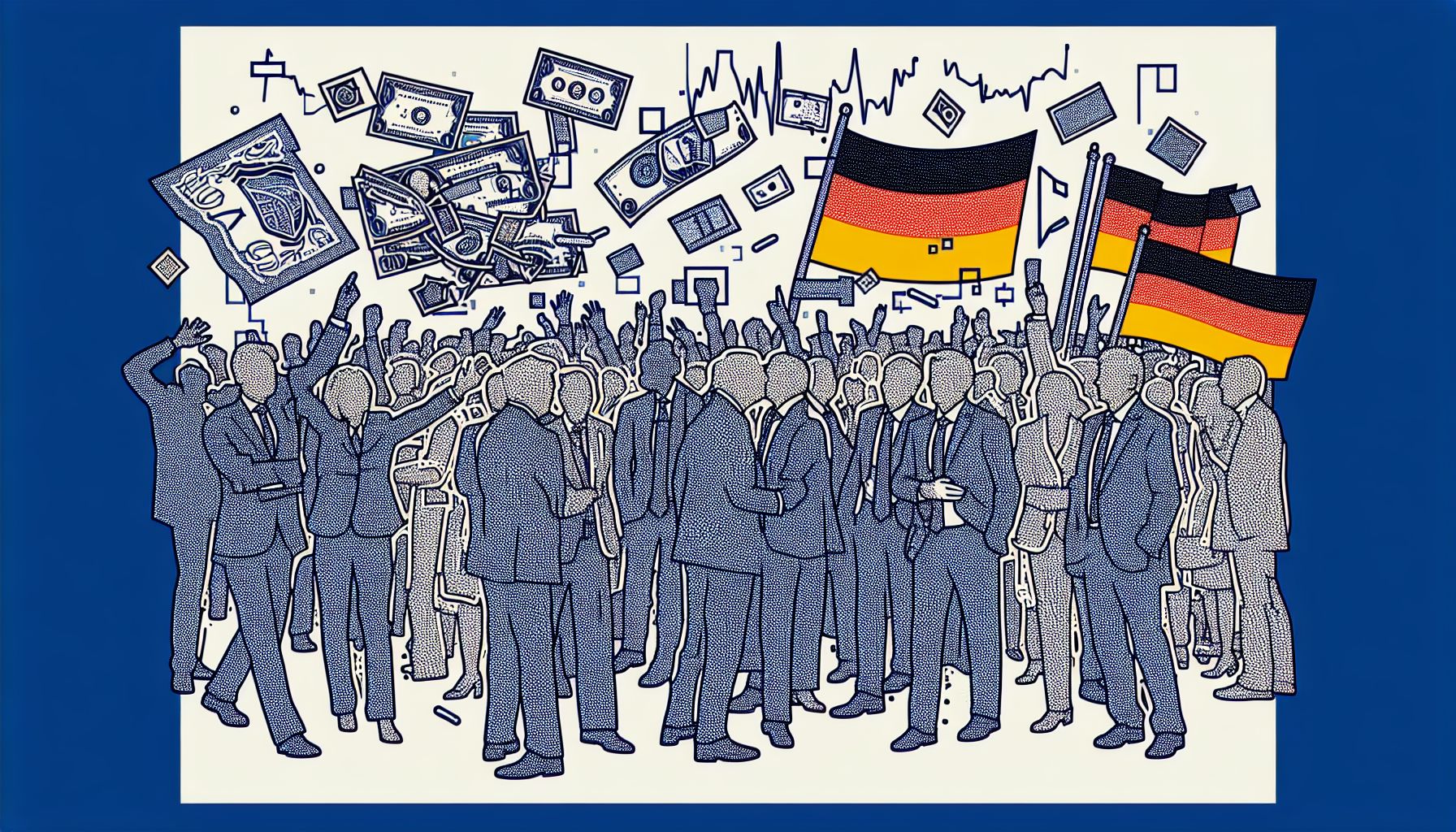Germany Sets Early Election for February After Coalition Collapse

Berlin, Tuesday, 12 November 2024.
Chancellor Olaf Scholz’s government breakdown leads to a February 23 snap election, seven months ahead of schedule. This political shift could reshape Germany’s economic policies and international relations, particularly with the United States.
Political Turmoil and Economic Implications
The unexpected collapse of Chancellor Olaf Scholz’s government has set the stage for a dramatic early election in Germany, scheduled for February 23, 2024. The dissolution of the coalition, primarily due to a budget dispute with Finance Minister Christian Lindner, has shifted the political landscape significantly[1]. The Free Democratic Party’s (FDP) withdrawal from the coalition left Scholz without a parliamentary majority, necessitating the early vote. This situation poses potential shifts in Germany’s economic policies and its international standing, particularly concerning its trade and economic collaborations with the United States[2].
The Election Date and Political Stakes
The decision for a February election came as a compromise between the Social Democrats (SPD) and the opposition Christian Democratic Union (CDU) led by Friedrich Merz. While the CDU/CSU alliance initially pushed for a January election, Scholz’s preference was mid-March, with the final agreement landing in February[3]. The early election is set against a backdrop of economic contraction and geopolitical tensions, notably from ongoing conflicts in Ukraine and the Middle East[4]. With over 60 million eligible voters, the election will serve as a critical juncture for Germany’s future direction. Current polls show the CDU/CSU alliance leading, followed by the far-right Alternative for Germany (AfD), highlighting the political volatility[5].
Challenges and Opportunities Ahead
As Germany gears up for this pivotal election, the nation faces numerous challenges. Economic forecasts predict a second year of contraction, exacerbated by geopolitical instability and energy supply disruptions from Russia[6]. The CDU’s Friedrich Merz has promised significant tax reforms, including reducing VAT on food and restaurant meals, appealing to a public weary of economic strain[7]. Meanwhile, Olaf Scholz, despite low poll numbers, seeks reelection, emphasizing stability and continuity in a time of uncertainty[8]. The coalition’s collapse has amplified the ‘Trump effect,’ boosting the AfD’s popularity, further complicating the political landscape[9].
Implications for International Relations
Germany’s domestic political shifts could have far-reaching implications for its international relations. The SPD’s alignment with the United States on key issues, such as maintaining aid to Ukraine, may face scrutiny under a new government. The potential rise of the CDU/CSU, with its different policy focus, could redefine trade agreements and economic collaborations with the U.S.[10]. The upcoming election is not just a national event but a focal point for international observers eager to see how Germany will navigate its future amidst global challenges.